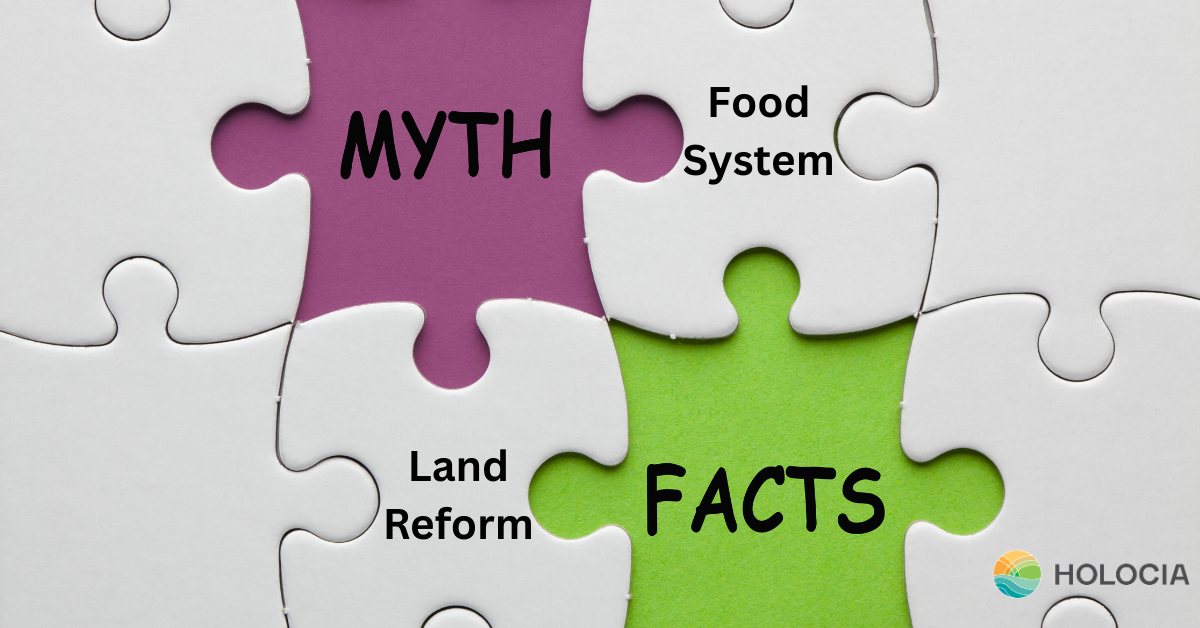Life on Mars? How about fixing Earth first?
Recently I read an excellent science fiction novel called One Way, by S. J. Morden. Frank is a convict sentenced to life in prison. With a few other cons, he is offered the opportunity to take a one-way trip to Mars to set up and operate a base for NASA scientists arriving later. Seeing only tedium stretching far into his future, Frank accepts. However, not long after arriving on Mars, a fatal accident takes place. And soon after that, a suicide. The plot thickens, as Frank and the others begin to suspect each other of foul play.
To immerse yourself in this book is to feel the stress of living in an environment where everything is trying to kill you. Of course there’s no actual being with malicious intent out there. But the environment of Mars is hostile and not suitable for human habitation. What might be a trivial mistake on earth can easily turn fatal on Mars: A leak in a space suit or the habitat; an imbalance of oxygen in the air; or a power plant malfunction that terminates all life-support functions. Add this ever-present anxiety to some interpersonal conflict, and it turns into a highly stressful situation, 24/7.
And not only that. I imagined the weak red sunlight and the bleak Martian landscape and never again seeing a blue sky instead of a pinkish one. Never again hearing joyous birdsong. Never seeing another ladybug, butterfly, or beetle - or even a dandelion (because who would spend money to add “weeds” to the payload?). It felt not only hostile, but profoundly lonely.
Poets and artists have always understood the value of nature. Scientists are beginning to quantify nature’s benefits to humans - and in our high-tech age, it appears we might actually need to be told that nature is important to our health and happiness.
According to Florence Williams in The Nature Fix, spending just five minutes in a forest slows your heart rate and relaxes facial muscles, quiets frontal lobes, and boosts productivity and creativity later in the day. The smell of pine trees strengthens your immune system. And being in nature 5 or more hours/month can make you happier overall.
So do we really understand all it would entail to go out and colonize other planets, an idea so many people seem to be in love with these days?
Leaving aside the extreme and infallible technology required - - it would mean leaving Earth.
We could live in habitats or under giant, city-sized domes, indoors forever. Maybe we could slowly import a few plants over time. Or maybe we could terraform a planet to suit us. It only took a few billion years for Earth to create an atmosphere with enough oxygen to support life, about 600 million years ago. No time at all!
But there would be no nature as we understand it today, a wild profusion of diverse and interconnected, collaborating species of microbes, plants and animals. There would be no surprises left, nothing that we humans hadn’t planned - except for the unwanted, unintended consequences.
Astronauts on the International Space Station have begun suffering minor medical problems like skin rashes and immune dysfunction. There is suspicion that this is because the ISS is too sterile, lacking a healthy microbial environment. Bacteria, fungi, viruses and other microorganisms co-evolved along with us, to the extent that our own bodies contain perhaps as many microbial cells as human ones. We still understand so little about our own microbiomes that it’s hard to imagine we could choose just the right species to take along with us in spacecraft to ensure our long-term survival, let alone good health.
Although as a child I thought becoming an astronaut would be the perfect career, I have come to recognize the incredible uniqueness and perfection that is our home planet.
A few years ago, the UK’s astronomer royal Martin Rees stated, "We've got to accept that dealing with climate change, though hard, is a doddle compared to terraforming Mars" – a doddle being something easy to accomplish.
In other words, it would be a whole lot easier to fix climate change on earth than to make Mars habitable.
So why don’t we get on with it?
.png?width=203&height=100&name=SquareUp%20Logo%202344%20(1).png)
.png)

